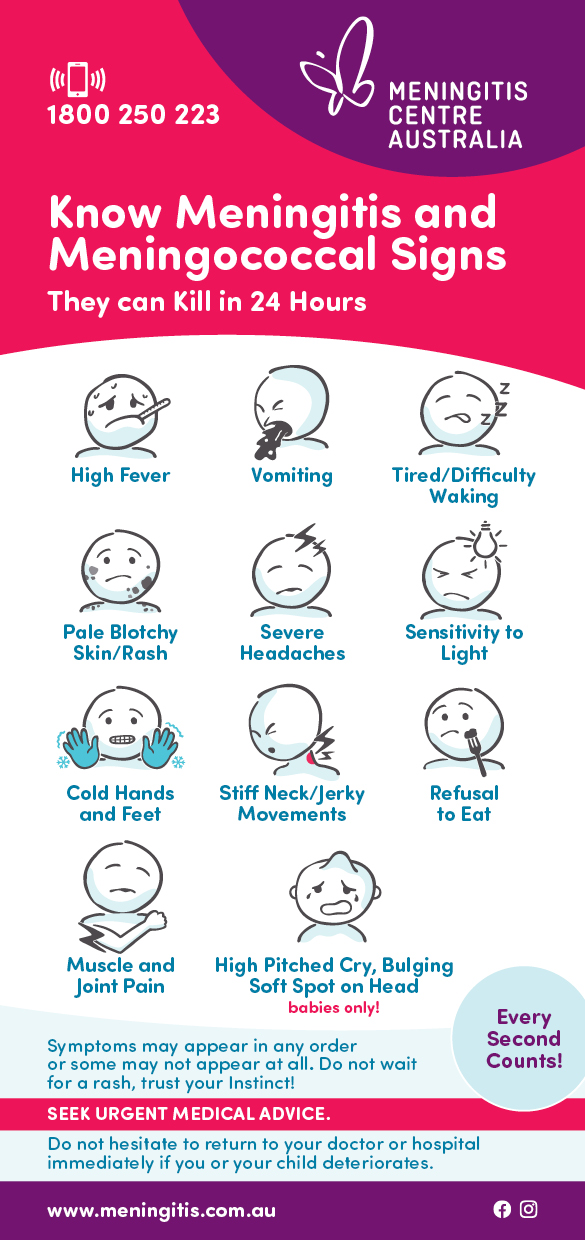
The Department of Health today announced it will provide vaccinations against meningococcal disease to people living in certain remote communities, in response to an outbreak of serogroup W (MenW) meningococcal disease in central Australia.
The outbreak has mostly affected Aboriginal people in the Northern Territory (NT) and northern part of South Australia (SA), with one related case reported in WA.
Communicable Disease Control Director, Dr Paul Armstrong said the free vaccination program aimed to provide people in the remote communities bordering the NT and SA with direct protection against four types of meningococcal bacteria – A, C, W and Y. The program will also help prevent further spread of the strains causing disease by decreasing the numbers of people who harmlessly carry the bacteria in the back of their throats.
“This is a targeted public health initiative formed in response to public health concerns about an increased risk of disease in these communities,” he said.
In Western Australia there have been 29 confirmed cases of meningococcal disease in 2017, including 14 cases of serogroup W infection.
Dr Armstrong said that it was important to ensure the risk to vulnerable communities was minimised.
“This State-funded program will vaccinate people in those Aboriginal communities that have strong cultural links with the NT – including certain remote Aboriginal Communities in the northern and eastern Goldfields, and the Western Desert areas of the Kimberley and the Pilbara regions,” he said.
The vaccination will be offered to people of all ages within the communities, to maximise the immediate protective effect of the vaccine in the shortest possible time.
The vaccinations will be delivered by WA Country Health Services and Aboriginal community-controlled health services. The vaccination program will conclude on 17 December 2017.
While invasive meningococcal disease is rare, it is important be aware of the symptoms and to seek medical attention urgently if they occur.
Symptoms may include high fever, chills, headache, neck stiffness, nausea and vomiting, drowsiness, confusion, and severe muscle and joint pains. Sometimes – but not always – these symptoms may be accompanied by the appearance of a spotty red-purple rash that looks like small bleeding points beneath the skin or bruises. Young children may not complain of symptoms, so fever, pale or blotchy complexion, vomiting, lethargy (blank staring, floppiness, inactivity, hard to wake, or poor feeding) and rash are important signs.
Read the frequently asked questions (PDF 245KB) on the vaccination program and find out more about meningococcal disease on the HealthyWA website (external site).
SOURCE: Health Dept WA

